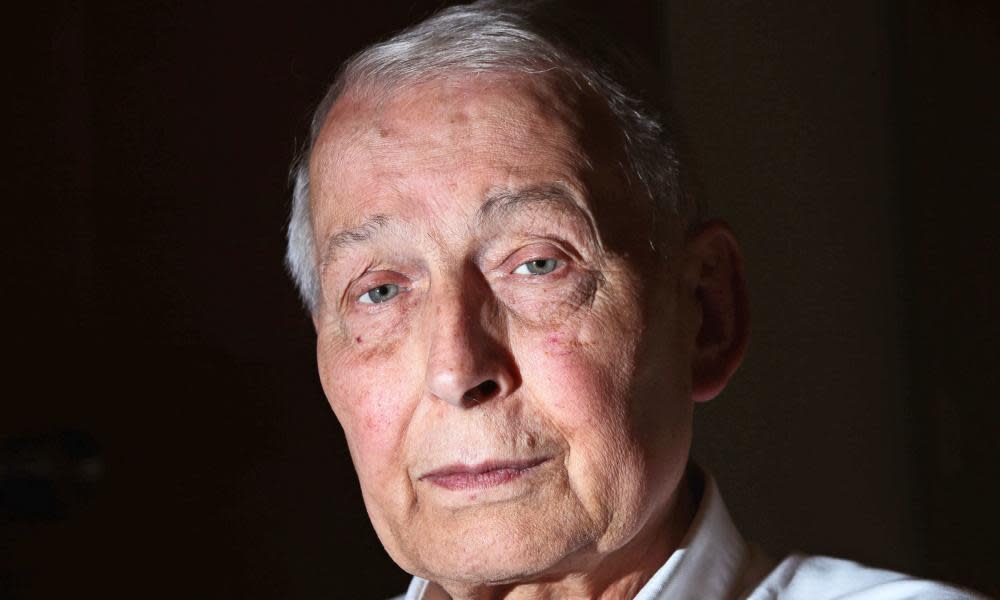End two-child benefits limit, say cross-party MPs

Boris Johnson must lift the two-child limit on welfare payments and return to providing support for all children who need extra help, a cross-party committee of MPs has urged.
In its final report before the election, the Commons work and pensions committee said it backed scrapping the controversial policy after hearing extensive evidence from economists, faith groups and charities. While scrapping a policy was not a recommendation it made lightly, the measure had “unintended consequences that no government should be willing to accept”.
The committee said that the rationale used by the government for the policy, which limits the payment of tax credits, housing benefit or universal credit to a family’s first two children, “simply do[es] not hold true”.
Ministers have argued that the policy is fair because families on benefits should have to face the same financial choices as families in work. However, the committee concluded that this justification did not hold water.
It said it assumed all pregnancies were planned, that the distinction between families on benefits and those in work was “crude and unrealistic”, and the argument that the policy might encourage parents to increase their incomes from work is not supported by the evidence.
Frank Field, chair of the committee, said: “Any family in this country, except the super-rich, could fall foul of the two-child limit if their circumstances changed for the worse. This is exactly why social security must act as a national insurance scheme covering people when they’re most exposed to hardship – not increase it.”
The committee pointed to the government’s own statistics, arguing that there is no significant distinction between households on benefits and those in work. In April, 72% of families receiving tax credits were working families. In May, 28% of working-age housing benefit claimants were “in employment and not on passported benefit”. Last month, 33% of universal credit claimants were recorded as in employment.
The Institute for Fiscal Studies and Child Poverty Action Group, as well as representatives from the Muslim, Jewish, Pakistani, Bangladeshi and Gypsy, Roma and Traveller communities gave evidence to the committee.

 Yahoo News
Yahoo News 
